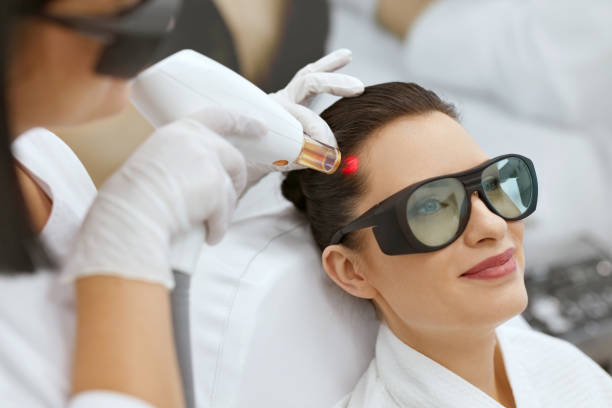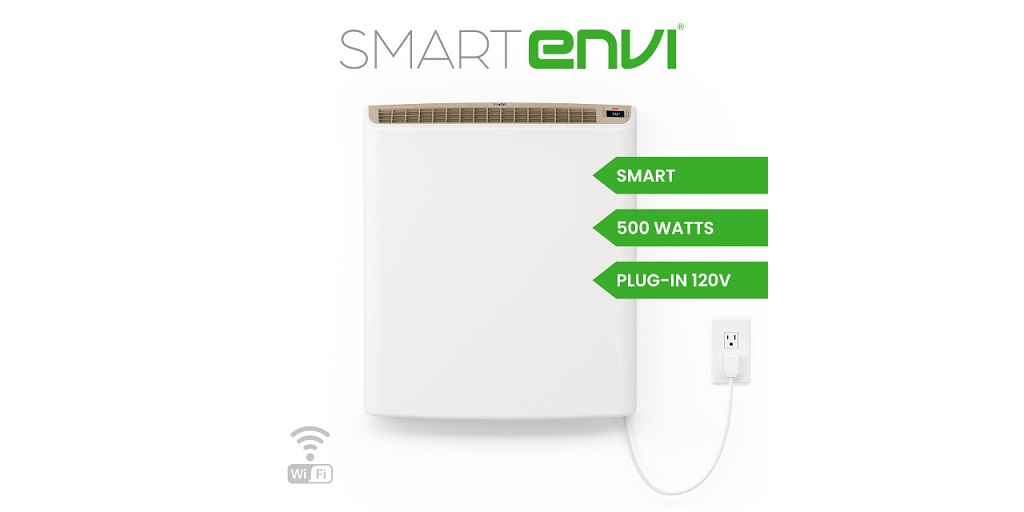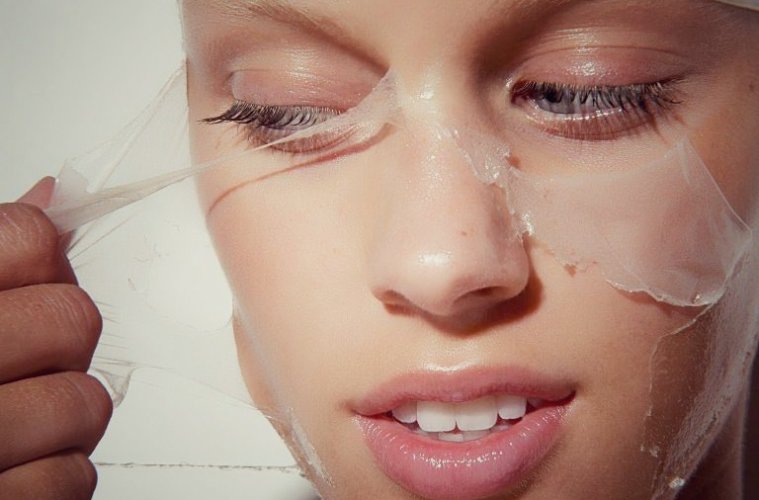Hair loss is a common concern affecting individuals across all age groups and genders. It can significantly impact self-esteem and confidence, prompting many to seek effective solutions to address these issues. Among the various treatments available, Laser Hair Therapy in Dubai has gained popularity for its non-invasive approach and promising results. This innovative technique harnesses the power of laser light to stimulate hair growth, making it an appealing option for those experiencing thinning hair or pattern baldness. In this blog, we will explore how laser hair therapy works, its benefits, the science behind the process, and what to expect from the treatment.
Understanding Hair Loss and Its Causes
Types of Hair Loss
Hair loss manifests in various forms, with androgenetic alopecia (pattern baldness), telogen effluvium, and alopecia areata being the most common. Each type has different underlying causes, but all result in the reduction of hair density and volume. Recognizing the type of hair loss is crucial in determining the most effective treatment approach.
Common Causes of Hair Loss
Several factors contribute to hair loss, including genetics, hormonal imbalances, stress, nutritional deficiencies, and environmental influences. External factors such as hair care routines and exposure to harsh chemicals can also weaken hair follicles, accelerating hair loss. Understanding these causes helps tailor personalized treatment strategies, including therapies like Laser Hair Therapy.
How Laser Hair Therapy Works
The Science Behind Laser Therapy
Laser hair therapy employs low-level laser light (LLLT) to stimulate hair follicles. This light penetrates the scalp tissue, reaching the hair follicles and energizing cellular activity. The process promotes improved blood circulation, enhances nutrient delivery, and stimulates cellular repair mechanisms within the follicle cells.
Cellular Response and Hair Growth Activation
When laser light interacts with the cells of hair follicles, it triggers biological responses that encourage hair growth. These responses include increased production of adenosine triphosphate (ATP), which supplies energy to cells, and the activation of genes associated with hair growth. As a result, hair follicles enter a growth phase, leading to thicker, stronger hair strands.
The Role of Photobiomodulation
Photobiomodulation is the term used to describe how low-level laser therapy modulates cellular function. By targeting specific wavelengths, the therapy reduces inflammation, decreases follicle miniaturization, and revitalizes dormant hair follicles. This process is fundamental to how Laser Hair Therapy can effectively combat hair thinning.
Benefits of Laser Hair Therapy
Non-Invasive and Painless
One of the significant advantages of laser hair therapy is its non-invasive nature. Unlike surgical procedures, it requires no incisions, anesthesia, or downtime. Most individuals experience a comfortable treatment session without discomfort, making it accessible and convenient.
Safe and Suitable for All Skin Types
Laser hair therapy utilizes wavelengths that are safe for various skin tones and types. Its safety profile makes it a suitable option for a broad demographic, including those wary of more aggressive interventions.
Promotes Hair Thickness and Density
By stimulating dormant follicles, laser therapy can increase hair density and improve overall hair quality. Many users notice more robust, thicker hair strands after consistent treatments.
Suitable for Various Stages of Hair Loss
Whether dealing with early thinning or more advanced hair loss, laser therapy can be adapted to suit different stages. It can serve as a preventive measure or complement other treatments to enhance results.
Enhances Scalp Health
Apart from promoting hair growth, laser therapy also improves scalp health by reducing inflammation and increasing blood circulation. A healthier scalp environment is essential for sustained hair growth.
The Process of Laser Hair Therapy
Consultation and Assessment
Before beginning treatment, a thorough scalp assessment is conducted to understand the extent of hair loss and determine candidacy. Personalized treatment plans are then developed based on individual needs.
Treatment Sessions
Laser hair therapy sessions typically last between 15 to 30 minutes. During the procedure, the scalp is exposed to low-level laser light through specialized devices or helmets. Multiple sessions are usually recommended for optimal results, often scheduled weekly or bi-weekly.
Post-Treatment Care
Post-treatment, patients are advised to maintain scalp hygiene and may be given recommendations for complementary treatments or lifestyle adjustments. Consistency is key to achieving and maintaining desired outcomes.
Results Timeline
While some individuals notice improvements within a few weeks, significant results are often observed after several months of regular sessions. Patience and adherence to the treatment schedule are essential for success.
Who Can Benefit from Laser Hair Therapy?
Ideal Candidates
Individuals experiencing early signs of hair thinning, pattern baldness, or hair loss due to stress or nutritional deficiencies may benefit from laser therapy. It is also suitable for those seeking a non-invasive alternative to surgical options.
Limitations and Considerations
While effective for many, laser hair therapy may not be suitable for severe cases of hair loss caused by scarring or medical conditions. Consulting a specialist helps determine the appropriateness of the treatment.
Combining Laser Hair Therapy with Other Treatments
synergistic Effects
Laser therapy can be combined with other hair restoration methods such as topical medications, nutritional supplements, or PRP (platelet-rich plasma) therapy. This integrated approach can enhance overall results and address multiple underlying factors.
Maintenance and Longevity
Continued maintenance sessions may be necessary to sustain hair growth, especially in progressive conditions. A comprehensive hair care routine, along with laser therapy, supports long-term scalp health.
Why Choose Laser Hair Therapy in Dubai?
Advanced Technology and Expertise
Dubai is known for its state-of-the-art clinics equipped with the latest laser technology and staffed by trained professionals. This ensures safe, effective, and comfortable treatment experiences.
Personalized Treatment Plans
Clinics in Dubai offer tailored treatment protocols based on individual scalp assessments, maximizing the potential for successful hair restoration.
Holistic Approach to Hair Health
Many clinics emphasize holistic care, including nutritional guidance, scalp treatments, and lifestyle advice, to complement laser therapy and promote overall hair health.
Final Thoughts
Laser Hair Therapy Dubai offers a promising, non-invasive solution for individuals seeking to combat hair loss and promote healthier, thicker hair. Its ability to stimulate dormant follicles through targeted laser light makes it an appealing choice for many. While results may vary based on individual factors, consistent treatment combined with proper scalp care can lead to noticeable improvements over time. If you’re considering hair restoration options, exploring laser therapy could be a step toward regaining your confidence and achieving the hair you desire.







0 Comments